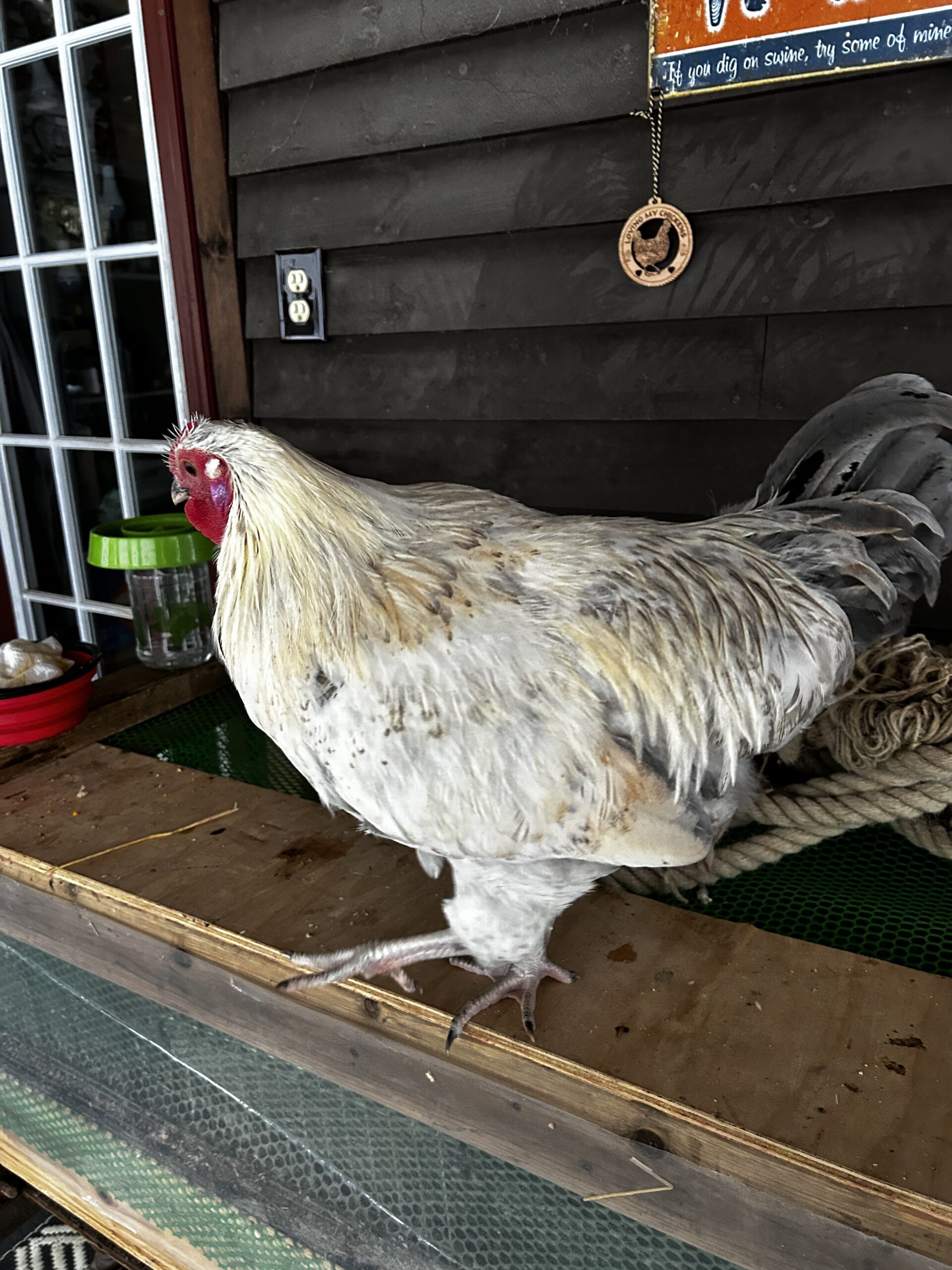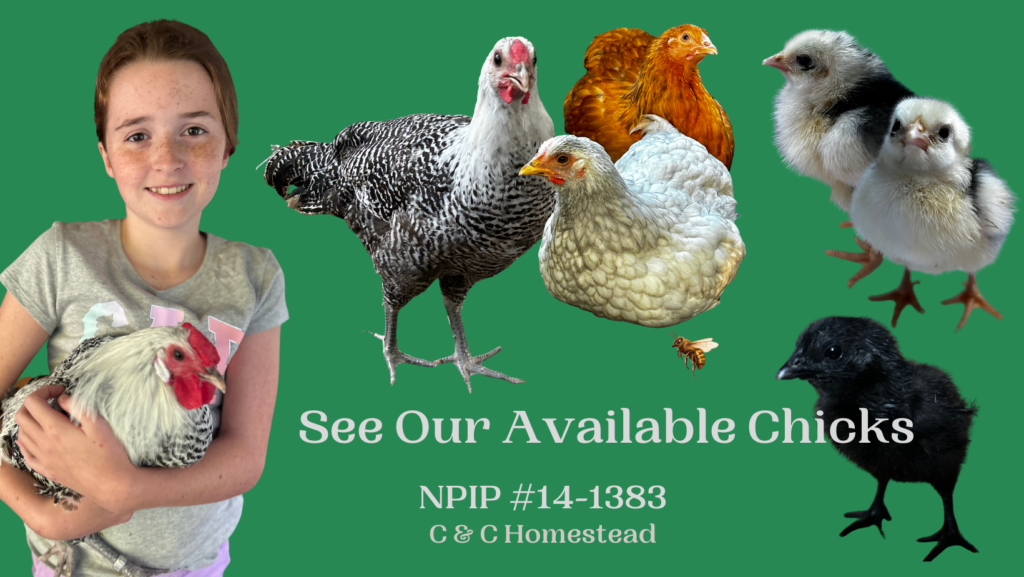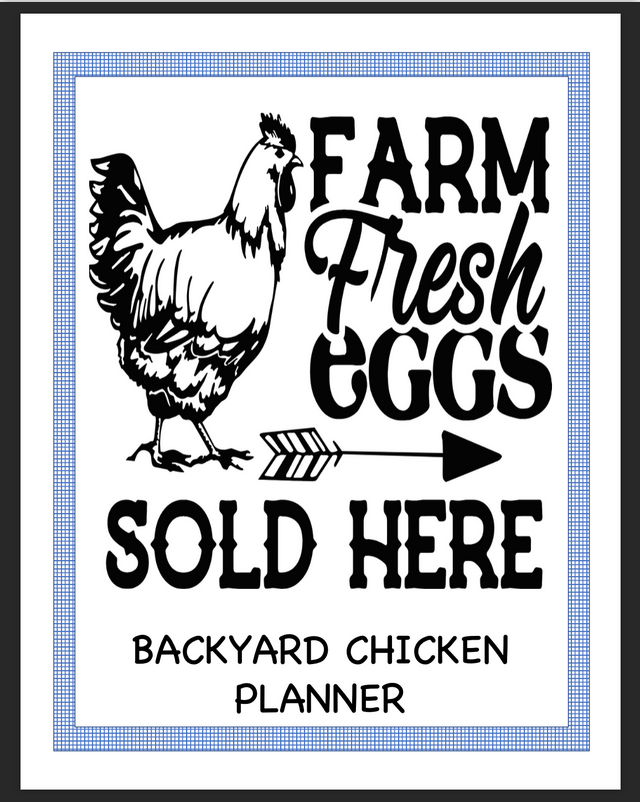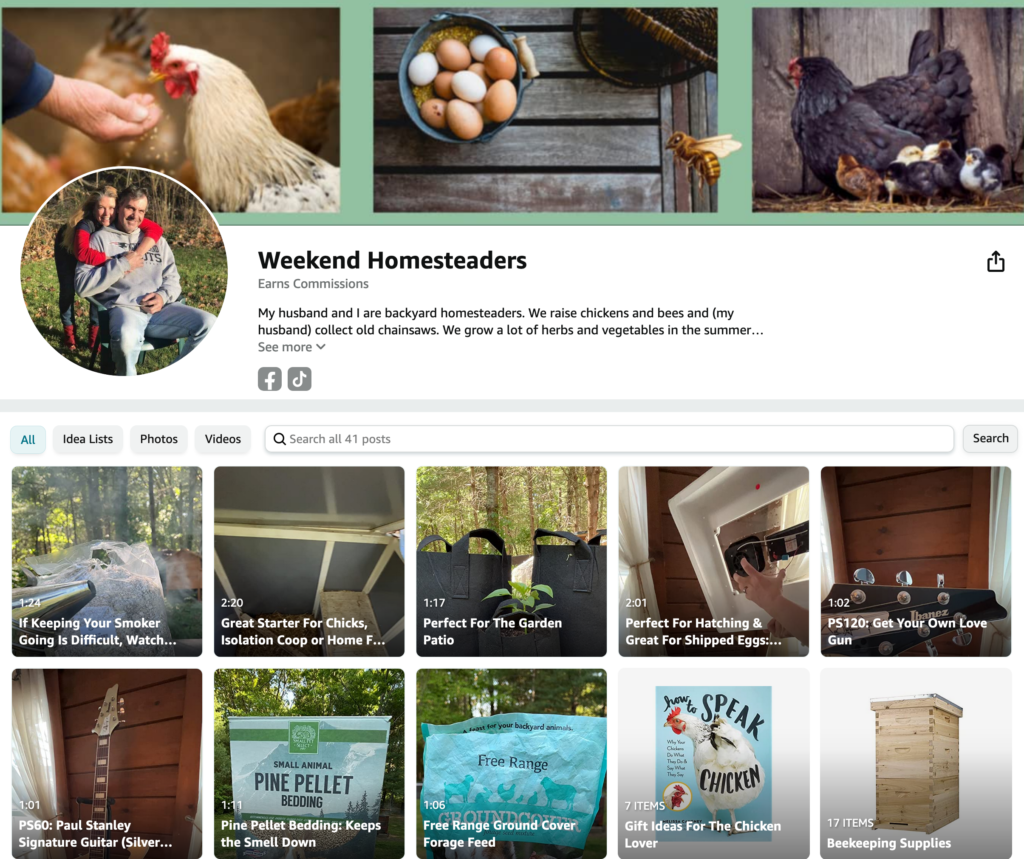Balancing Corporate & Homesteading Lifestyles
The Pros and Cons of a Hybrid Rooster
Posted on May 18, 2024 by Weekend Homesteader

Hybrid roosters, often called crossbreeds, result from breeding two different chicken breeds to combine desirable traits. These roosters can offer several advantages but also come with some potential drawbacks.
Here is a detailed analysis of the pros and cons of hybrid roosters.
Pros of Hybrid Roosters:
- Enhanced Vigor and Health:
- Heterosis (Hybrid Vigor): Hybrid roosters often exhibit heterosis, or hybrid vigor, which means they tend to be healthier, more robust, and have a higher survival rate than their purebred counterparts. This increased vigor can result in better disease resistance and overall vitality.
- Diverse Gene Pool: A broader genetic background can reduce the likelihood of inheriting genetic defects common in some pure breeds.
- Improved Growth Rates:
- Faster Maturity: Many hybrid roosters grow faster and reach maturity quicker than purebred roosters, making them a practical choice for meat production.
- Increased Size: Hybrids are often bred for specific traits such as larger size, which can be beneficial for both meat yield and overall flock protection.
- Behavioral Traits:
- Balanced Temperament: Crossbreeding can result in a rooster with a more balanced temperament, combining the calm nature of one breed with the assertiveness of another, leading to a rooster that is protective yet manageable.
- Adaptability: Hybrid roosters may be more adaptable to various environmental conditions, making them suitable for different climates and management systems.
- Economic Efficiency:
- Cost-Effective: Hybrids can be more economical to raise due to their faster growth rates and improved health, which can reduce feed costs and veterinary expenses.
- Productivity: Hybrid roosters often contribute to higher productivity in a flock, whether through enhanced fertility rates or by providing more robust offspring.
- Specific Trait Selection:
- Customization: Breeding hybrids allows for the selection of specific traits, such as feather color, comb type, or egg size, tailored to the needs and preferences of the chicken keeper.
Cons of Hybrid Roosters:
- Unpredictable Traits:
- Inconsistent Offspring: Unlike purebreds, hybrid roosters can produce offspring with a wide range of traits. This variability can make it difficult to predict the characteristics of future generations.
- Lack of Standardization: Hybrid roosters do not conform to breed standards, which can be a drawback for those interested in showing chickens or maintaining specific breed characteristics.
- Behavioral Challenges:
- Aggression: While some hybrids have balanced temperaments, others may inherit more aggressive traits from one parent breed, leading to potential management challenges.
- Dominance Issues: Hybrid roosters may exhibit strong dominance behaviors, especially in mixed-breed flocks, which can lead to conflicts and stress within the flock.
- Breeding Limitations:
- Loss of Breed Purity: Crossbreeding can dilute purebred lines, making it challenging to maintain heritage breeds and their unique traits.
- Breeding Knowledge: Successful hybrid breeding requires a good understanding of genetics and breed characteristics to achieve the desired outcomes.
- Market Limitations:
- Less Marketable: For those selling chickens, hybrid roosters may be less desirable to buyers looking for specific purebred traits or those involved in breeding programs.
- Lack of Recognition: Hybrids are not recognized by poultry associations, which can limit their participation in shows and exhibitions.
- Management Considerations:
- Specialized Care: Some hybrids may require specific care or management practices tailored to their unique needs, which can be more demanding than caring for purebred roosters.
- Dietary Needs: Hybrid roosters bred for rapid growth may have higher nutritional requirements, necessitating a carefully balanced diet to avoid health issues like obesity or leg problems.
Conclusion:
Hybrid roosters offer numerous advantages, such as improved health, faster growth rates, and enhanced productivity, making them a valuable addition to many flocks. However, they also come with potential drawbacks, including unpredictable traits, behavioral challenges, and limitations in breeding and marketability. Understanding these pros and cons can help chicken keepers make informed decisions about whether hybrid roosters are the right choice for their specific needs and goals. By carefully considering the unique requirements and benefits of hybrid roosters, poultry keepers can effectively integrate these birds into their flocks to achieve desired outcomes.
Read more about our hybrids: Deathlacers.
Category: Chickens, General, Homesteading Tags: Chickens, Roosters



Latest Posts
Categories
Post Tags
Affiliate Marketing Affirmations Animal Grooming Animal Health Animal Reiki Animal Rescues Animals Beekeeping Bees breeding chickens Business Business Strategies Cats CBD Chicken Coop chicken gifts Chickens Chickens & Chatter chicken treat chicken tricks Cooking Dogs Dog Training Easter Eggs Elderberry First Aid Gardening Health Herbs For Chickens Homesteading Hybrids Long Covid Marketing Mindset Pawsome Deals Personal Stories Places Reiki Rooster Roosters The Pawsitive Cause Project Time Management Trail Cam Wealth
Copyright © 2024 · All Rights Reserved · Weekend Homesteader
Theme: Natural Lite by Organic Themes · RSS Feed
